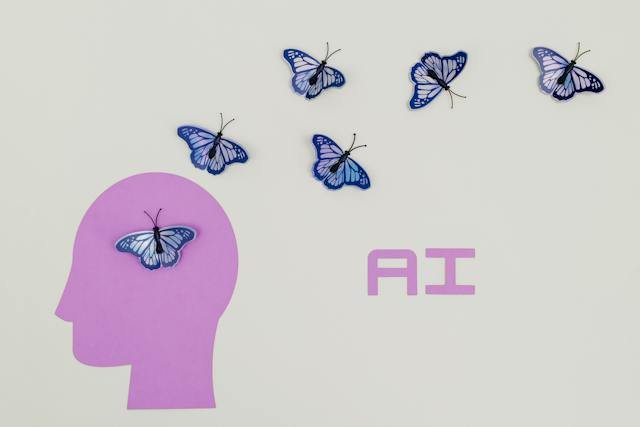Childhood experiences shape a person’s personality and their future endeavors.
While some people were raised in a positive and encouraging environment, others may have endured problems that had a long-term influence.
Recognizing the less obvious indicators of a difficult childhood is vital to understanding oneself and finding appropriate help.
We’ll look at “10 Hidden Indicators You Had A Tough Childhood,” throwing light on these frequently overlooked cues in this post.
10 Hidden Indicators You Had A Tough Childhood
1. Difficulty Trusting Others
Individuals who experienced a challenging childhood may find it challenging to trust others. This mistrust can stem from broken relationships, unreliable caregivers, or a lack of consistent support during formative years. As a result, forming and maintaining healthy connections becomes a complex task.
2. Fear of Abandonment
A pervasive fear of abandonment can be a hidden indicator of a tough childhood.
Children who faced neglect or had inconsistent parental presence may develop a deep-seated anxiety about being left alone.
This fear can manifest in adulthood, impacting relationships and causing emotional distress.
3. Perfectionism and Overachievement
A drive for perfectionism and overachievement can be a coping mechanism for those who had a tough childhood.
The need to excel may arise from a desire for validation, approval, or a subconscious attempt to compensate for perceived inadequacies experienced earlier in life.
4. Difficulty Expressing Emotions
Individuals from challenging childhoods may struggle with expressing their emotions openly.
This difficulty often stems from a fear of vulnerability or a learned behavior of suppressing feelings to cope with adverse situations.
Recognizing and addressing this can be a crucial step toward emotional healing.
5. Chronic Low Self-Esteem
A tough childhood can leave lasting scars on self-esteem.
Constant criticism, neglect, or exposure to traumatic events during formative years can contribute to chronic feelings of inadequacy.
Overcoming these negative self-perceptions requires self-reflection and often professional support.
6. Avoidance of Intimacy
For those with a tough childhood, forming intimate connections may be challenging.
Trust issues and fear of vulnerability can lead to a reluctance to open up emotionally.
Recognizing and addressing these barriers is essential for building healthy relationships.
7. Difficulty Setting Boundaries
Children raised in challenging environments may not have had the opportunity to learn and establish healthy boundaries.
As adults, they may struggle with asserting themselves, leading to challenges in personal and professional relationships.
Developing boundary-setting skills is crucial for overall well-being.
8. Chronic Anxiety or Depression
The impact of a tough childhood can manifest in mental health struggles such as chronic anxiety or depression.
Unresolved trauma and emotional wounds may contribute to ongoing psychological challenges.
Seeking professional help and therapy can be instrumental in addressing and managing these issues.
9. Perpetual Sense of Guilt or Shame
Feelings of guilt or shame that persist into adulthood may indicate a difficult childhood. Children are highly impressionable, and negative experiences can lead to an internalized sense of blame.
Breaking free from this cycle often requires self-compassion and therapeutic interventions.
10. Struggles with Authority Figures
Difficulty trusting authority figures or forming healthy relationships with them can be a hidden indicator of a tough childhood.
Negative experiences with caregivers, teachers, or other authority figures during formative years may lead to a general mistrust that persists into adulthood.
10 Hidden Indicators You Had A Tough Childhood
Finally, understanding and acknowledging the hidden signs of a difficult upbringing is critical for personal development and well-being.
It is of the utmost importance to treat these indications with kindness and seek assistance if needed.
Recognizing the impact of past experiences is the first step toward breaking free from the limitations they may have on one’s present and future.
By addressing these underlying markers, you can go on a recovery process and live a more fulfilling and resilient life.






